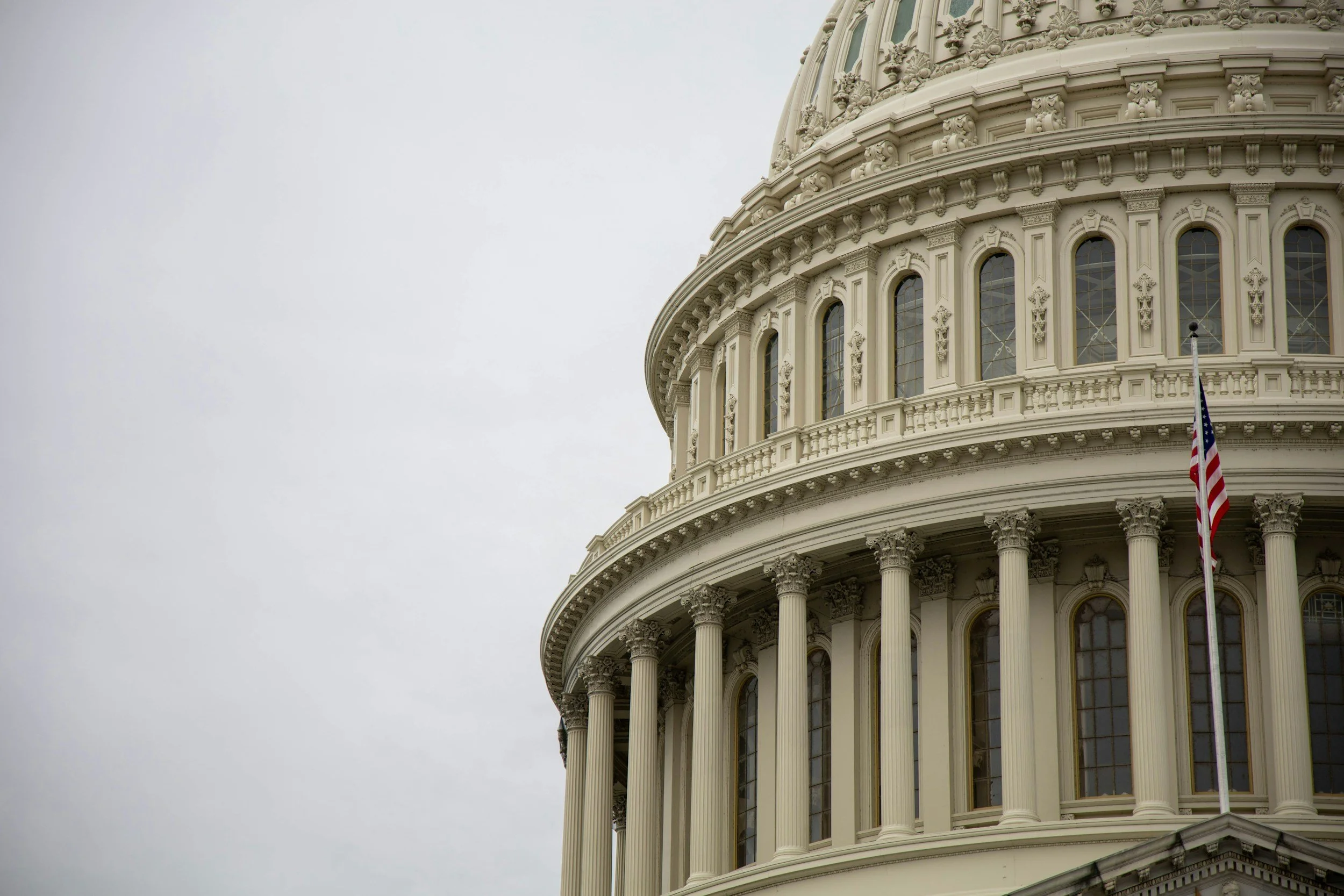On October 2, 2023, the U.S. Supreme Court indicated that it will not hear the WashTech case (Washington Alliance of Tech. Workers v. Department of Homeland Security) that challenged the legality of the Department of Homeland Security’s authority to create and maintain its Optional Practical Training (OPT) program for international students (F-1). This puts the case to rest once again, and leaves in place the lower courts' decisions upholding the program. The court’s decision to leave OPT intact resolves a major area of uncertainty for international students and preserves an important tool—applied learning—for student advancement and U.S. competitiveness in the global economy.
Settlement Requires USCIS to Adjudicate H-4, H-4 EAD, and L-2 Together with I-129
Court of Appeals Remands DACA for Consideration of New Rule; Stay Remains in Place
On October 5, 2022, the Fifth Circuit Court of Appeals partially upheld a July 2021 district court decision finding that the original DACA program (established in 2012) was unlawful; however, the Fifth Circuit sent the case back for the district court to consider the Department of Homeland Security’s new 2022 DACA regulation, set to take effect at the end of this month. As a result of this ruling, existing DACA recipients retain their grant of DACA and are allowed to reapply for (and receive) renewal, but the government cannot grant new DACA applications. The Fifth Circuit reasoned that a district court is in the best position to review the administrative record in the rulemaking proceeding and to determine whether the court’s holdings as to the 2012 DACA memorandum fully resolve issues concerning the 2022 final rule. USCIS will continue to accept and process DACA renewal requests, and continue to accept but not process initial DACA requests.
The court ruling does not affect ICE’s enforcement policies. Like the earlier district court ruling, the appeals court ruling does not require DHS or the Department of Justice to take any immigration, deportation, or criminal action against any DACA recipient, applicant, or any other individual that it would not otherwise take.
Reminders for DACA Recipients and Employers:
DACA recipients with current, unexpired Employment Authorization Documents (EADs) continue to be authorized to work.
Workers who already have DACA can continue to renew their DACA EADs.
DACA recipients are not required to tell employers they have DACA.
Employers are not required or encouraged to ask their employees or job applicants about their immigration status or whether they have DACA.
Federal laws such as the Immigration and Nationality Act, Title VII of the Civil Rights Act of 1964, and 42 U.S.C. § 1981 protect employees from employment discrimination based on several factors, including their citizenship, immigration status, national origin, and race. State and local laws may offer additional protections to workers.
Firing employees who have the legal right to work, such as DACA recipients with EADs, based on their immigration status, national origin, or assumptions about these characteristics may violate federal, state, or local law.
This remand heightens the urgency for Congress to act immediately and protect Dreamers permanently.
UPDATED: DHS Confirms It Is No Longer Enforcing the 2019 Public Charge Rule (Mar. 9, 2021)
In a statement posted to the USCIS website on Wednesday, DHS writes:
On March 9, 2021, the U.S. Court of Appeals for the Seventh Circuit lifted its stay of the U.S. District Court for the Northern District of Illinois’ Nov. 2, 2020, decision vacating the Public Charge Final Rule nationwide. USCIS immediately stopped applying the Public Charge Final Rule to all pending applications and petitions that would have been subject to the rule. In turn, USCIS is applying the 1999 Interim Field Guidance, which was in place before the Public Charge Final Rule was implemented, to the adjudication of any application for adjustment of status that was pending or received on or after March 9, 2021. In addition, USCIS is adjudicating any application or petition for extension of nonimmigrant stay or change of nonimmigrant status pending or received on or after March 9, 2021, consistent with regulations in place before the Public Charge Rule was implemented; in other words, USCIS is not applying the “public benefits condition.”
* * *
The Supreme Court on Tuesday dismissed the petition for certiorari in DHS, et al. v. State of New York, et al. based on a joint stipulation to dismiss filed by the parties, in the case challenging a controversial Trump-era regulation that makes it more difficult for noncitizens applying for immigration benefits if they have used certain public assistance, such as Medicaid, food stamps, and housing vouchers.
Last month, the justices agreed to take up a challenge to the so called "public charge" rule brought by The Legal Aid Society, various groups and state and local officials. But in a brief letter to the court on Tuesday, Acting Solicitor General Elizabeth Prelogar told the justices that both sides had agreed that the challenge should be dismissed.
As reported by CNN, Susan Welber, a staff attorney at the Legal Aid Society, said in an interview that the filing means that the Trump rule will "now be blocked while the Biden administration continues its review process and decides what the new will be."
In a statement released today noting that it is “neither in the public interest nor an efficient use of limited government resources” to continue to defend the Public Charge Rule, DHS announced that the Department of Justice will no longer pursue appellate review of judicial decisions invalidating or enjoining its enforcement. Per DHS, “Once the previously entered judicial invalidation of the 2019 Rule becomes final, the 1999 interim field guidance on the public charge inadmissibility provision (i.e., the policy that was in place before the 2019 Rule) will apply.”
Accordingly, the government has moved to dismiss the appeals pending before the circuit courts of appeals as well, including Cook County v. Wolf, pending in the Seventh Circuit Court of Appeals. Today, the Seventh Circuit issued its mandate in the Cook County case, meaning the decisions of the district court permanently vacating the rule will become the law of the land in the absence of further developments.
We are waiting on further guidance from USCIS on implementation of these expected orders and will provide additional updates as they are released. As of this moment, Form I-944 remains in effect.
President Joe Biden had called for the immediate review of the rule in an executive order which, he said, "should consider and evaluate" the effects of the rule and recommend steps agencies should take "to clearly communicate current public charge policies and proposed changes, if any, to reduce fear and confusion among impacted communities."
District Court Denies WashTech Bid to Toss Optional Practical Training for International Students (Nov. 30, 2020)
The Washington Alliance of Technology Workers union (WashTech) has been litigating in the U.S. District Court for the District of Columbia since 2016 against both the 2016 24-month STEM Optional Practical Training (OPT) rule and the standard 12-month post-completion OPT rule, raising many of the same substantive issues it raised in a prior, unsuccessful suit against the 2008 17-month STEM OPT rule.
In a November 30, 2020 order, the district court denied Washtech’s motions of summary judgement and granted the Department of Justice’s cross-motions for summary judgement. An opinion explaining the reasons for the court’s decision is expected in the next 60 days. Importantly, the court’s order is not a final order subject to appeal, and thus this stage of litigation is not yet ended. If the court's eventual final judgement is—as expected—consistent with the order on the motions and goes against Washtech, Washtech could file a notice of appeal within 60 days of the final judgement.






